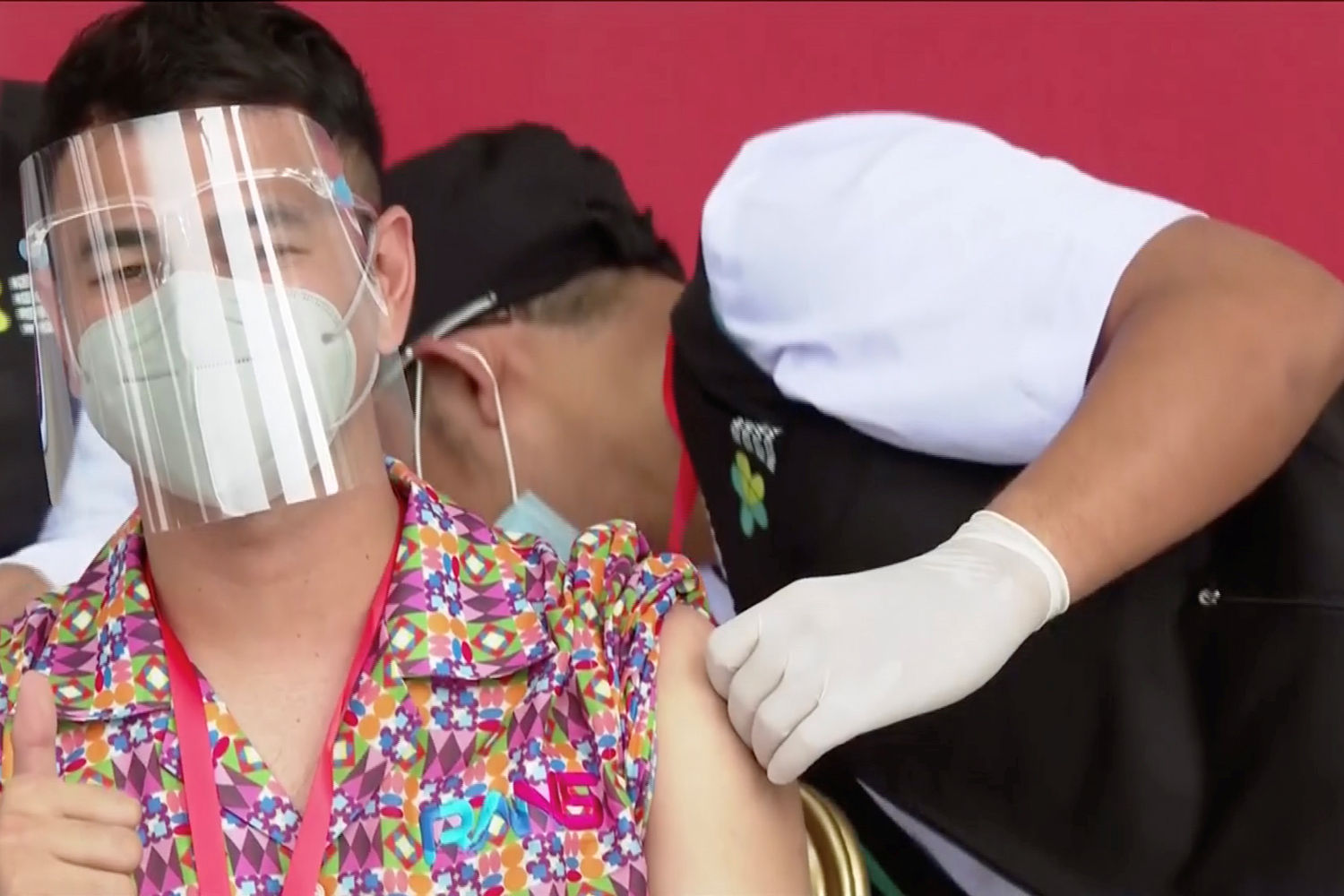(ATF) The United Nations has called for global “vaccine equity” amid reports that rich nations are hoarding Covid-19 shots while the developing world faces a massive shortage, in the wake of an unprecedented UN Security Council (UNSC) meeting called to discuss the pandemic.
Convened by the UK, a permanent UNSC member, the council heard accusations that Mexico has to import doses from Europe even though they are also produced in the US, which keeps vaccines made there for itself.
“The countries that produce them have very high vaccination rates and Latin America and the Caribbean have much lower (rates),” Mexican foreign minister Marcelo Ebrard said on February 16 ahead of the UNSC debate.
He said Mexico wanted to ensure “there is no hoarding of vaccines, that there is a principle of equality so that all countries have the possibility of vaccinating their residents”.
The plea prompted UN Secretary-General António Guterres to propose the creation of an emergency task force by the G20 countries to prepare and help implement a global immunisation plan. “At this critical moment, vaccine equity is the biggest moral test before the global community,” he told the UNSC meeting.
GLOBAL COORDINATION
The UNSC session led calls for a coordinated global effort to vaccinate against Covid-19, warning that gaping inequities in initial efforts put the whole planet at risk. UK Foreign Secretary Dominic Raab called for a resolution demanding ceasefires in global conflict zones so vaccination could proceed.
Foreign ministers, who met virtually, said the world had a “moral duty” to act together against the pandemic that has killed more than 2.4 million people. Guterres voiced alarm that just 10 nations have administered 75% of global doses so far – and 130 countries have had none at all.
“The world urgently needs a global vaccination plan to bring together all those with the required power, scientific expertise and production and financial capacities,” Guterres said.
“If the virus is allowed to spread like wildfire in the Global South, it will mutate again and again. New variants could become more transmissible, more deadly and, potentially, threaten the effectiveness of current vaccines and diagnostics,” he said.
RETURN OF LEADERSHIP
In his first UNSC appearance, US Secretary of State Antony Blinken vowed Washington would take a leadership role after reversing Donald Trump’s decision to pull out of the World Health Organization, adding that the US would pay more than $200 million in obligations to the WHO by the end of the month and make a “significant” contribution to Covax.
Russia opposed the UNSC session, with its UN ambassador, Vassily Nebenzia, saying that vaccinations were a matter “for specialised UN agencies” and “exceed the jurisdiction of the Security Council”.
The OECD – a group of rich economies – has already called for a comprehensive global strategy to ensure vaccine access in low and middle-income countries. Inequality “threatens to prolong the pandemic, escalating inequalities within and between countries and delaying the global economic recovery”, said Angel Gurría, the group’s secretary-general.
There is already a plan to help developing nations, Covax, an initiative funded by governments and private donations that aims to procure 2 billion vaccine doses this year with options for a further 1 billion.
To be sure, it’s not just developing economies that have had shortages of vaccines. The US, Canada and EU countries have also had to downscale inoculation campaigns.
“The largest continental European economies are starting to fall behind,” said Peter Schaffrik, global macro strategist at RBC. “This reflects not only their later vaccine approval, but also increasingly a slower rollout, as vaccine shortages slow the pace of delivery.”
Surge in global debt: IIF
Meanwhile, global debt has soared to a new record high of $281 trillion last year, according to the Institute of International Finance. In a study of 61 countries, the IIF said the 2020 total represented a quarter of the $88 trillion rise in debt over the past decade, with government debt accounting for more than half the rise.
Debt outside the financial sector rose to $214 trillion from $194 trln. Household and corporate debt amounted to 165% of GDP, up from 124% in 2019.
The global debt-to-GDP ratio surged by 35 percentage points to over 355% of GDP in 2020. The upswing was well beyond the rise seen during the 2008 global financial crisis. But the rise in global debt is expected to be relatively modest this year.
Mature markets such as France, Spain and Greece saw the biggest increases in debt ratios outside the financial sector. In Emerging Markets, China saw the biggest rise in debt, followed by Turkey, Korea and the UAE. The overall ratio of EM debt to GDP topped 250% in 2020. Meanwhile, South Africa and India recorded large increases in state debt.
The good news was government guarantees and debt moratoria has so far been successful in preventing a surge in business bankruptcies. The decline in the number of firms filling for insolvency had been “extraordinary” across many European countries, though China and Turkey have seen some pickup, the IIF said.
With reporting by AFP
























